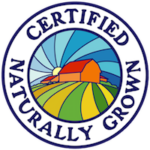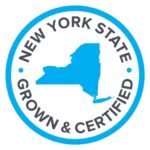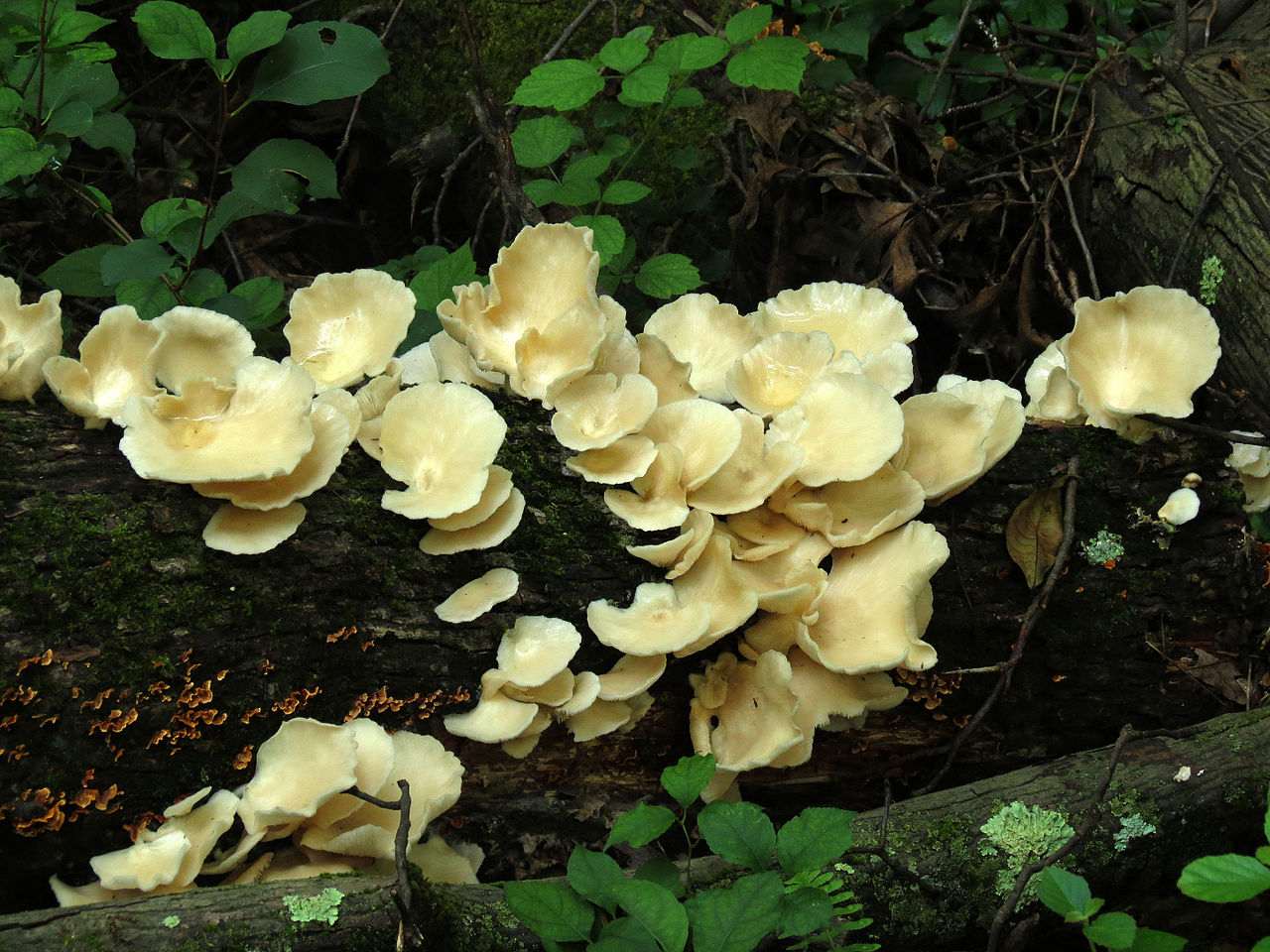G. Strategic Marketing/Channel Assessment
If you look at the budgeting numbers above, you might be surprised as how many hours beginning growers are projected to spend on sales and marketing, which accounts for 10% of the total time spent. This section offers some ideas about how to approach marketing and channel assessment for your products.
Definitions:
Wholesale: Selling a product to a buyer that is not the ultimate end user Examples: Distributors/Grocery/Restaurants/Institutions/Auctions
Retail or Direct: Selling directly to the end user Examples: Farmers Markets/Farm Stands/CSA
Channel assessment: evaluating which outlets make the most sense for your farm To read more, consult an excellent resource:
Guide to Marketing Channel Selection from CCE Tompkins:
http://ccetompkins.org/resources/guide-to-marketing-channels

From the guide: “In marketing channel selection, farmers are faced with a dilemma: they can move large volumes of product through wholesalers at relatively lower prices or seek higher prices in direct market channels and run the risk of unsold product.”
Some general trends are shown in the graphic.
5 Keys to Market Channel Decision Making:
- Value your time
- Take time to keep records, even if only for “snapshot” periods
- Evaluate performance of a channel: Price, Profit, Associated Costs, Sales Volume, Labor Requirements, Risk, Lifestyle Preferences
- Rank and Compare Channels
- Combine Channels to Maximize Sales
Considerations Specific to Log-Grown Shiitake Mushrooms
- Growers are competing with button mushroom markets and large indoor shiitake producers, who sell mushrooms for $3-4/lb. This may limit ability to compete in certain wholesale outlets and often leaves growers seeking specialty markets and more direct marketing
- That said, restaurants valuing locally produced, and gourmet quality foods are frequently willing to pay $10 – 12 for forest grown mushrooms
- Since shiitake dries so well, one can take a higher risk selling as much as possible fresh, then dehydrating the leftovers, which will last 6 – 12 months
- One of the most important aspects of marketing an unusual food like specialty mushrooms is your reputation very one of your customers has to trust you and your product. For this reason, buyers to buy from an individual or business they know.
- Shiitake growers may benefit greatly from mixing market channels to diversify outlets and cash flow. For instance, a CSA often means sign ups in late winter and early spring, which brings in cash before the mushrooms are growing. Then, during the season, restaurant wholesale markets bring in cash without a lot of time (vs farmers market). Any excess production can be dried and sold retail during the fall and winter.
H. Branding
The concept of branding is only recently being applied to farmers and is an important tool to your strategy for effective marketing and sales. An effective brand establishes your farm as a unique identity to help share story of who you are, what your farm story is, and what sets you apart from others. A good brand is conveyed through all materials you put out, including your website, labels, printed materials, and even your personal presence.
While a brand is important, what is more critical is being authentic. Don’t force yourself to do something you don’t enjoy or feel drawn to just because you think you might sell more mushrooms. Your brand should communicate:
- Your farm’s values
- Your farm’s personality
- What you do best as a farmer
- The needs you are fulfilling for your customers
Selling Points for Specialty Mushrooms
-Specialty mushrooms have more fiber than button mushrooms, very few calories (4 - 10 per ounce), little or no fat, no sodium, no cholesterol, and no simple sugars, like sucrose.
- Specialty mushrooms have a wide range of flavors, from mild to robust that allow buyers to create more sophisticated cuisines in their homes.
- Specialty mushrooms have a wide variety of medicinal properties: cholesterol treatment, anti-infection, immune boosting, hypertension treatment, etc
- Specialty mushrooms can be cooked in a variety of ways, including grilling, sauteing, stir-frying, or baking. They can be added to enhance to any vegetable, egg, or meat dish.
- Mushrooms make up an important texture component in meatless meals.
- Mushrooms are a source of B-complex vitamins like riboflavin and niacin, and the mineral selenium
I. Certification
The choice to certify your production system comes down to two main considerations:
Does it improve your market standing, and
Do the standards help you grow better?
We recommend this article on the differences between the programs:
http://smallfarms.cornell.edu/2015/04/06/certification-programs

CERTIFIED NATURALLY GROWN: offers peer-review certification tailored for direct-market farmers producing food for their local communities, without the use of synthetic chemicals or GMOs. CNG has developed specific standards for mushroom operations. The certification process begins with an online application and includes an on-site inspection carried out by another producer. Certification dues are sliding scale from $150 - $300 and can be covered in monthly installments. All CNG producers have a profile on the organization's website and may access the CNG logo and other marketing materials for their packaging and online presence.
![7.18.08NOFA Cert LOGO_Mod [Converted] NOFA-NY Certified Organic](https://smallfarms.cornell.edu/wp-content/uploads/2020/03/NOFA_LLC_logo_for_OID-150x150.jpeg)
ORGANIC: term "organic" is a very specific label that can only be used by certified operations. Following the organic standards means that the farmer is held accountable by a third party, that is, a certifier that is accredited by the USDA. There are many checks and balances, including compliance and enforcement policies. Several states offer programs to help reimburse farmers for a portion the cost of certification, for those interested in participating in the program. NOFA-NY is an organization specific to this process in New York. https://www.nofany.org/

NEW YORK GROWN AND CERTIFIED: A program from the state which combines basic GAP certification and Agricultural Environmental Management plans. https://certified.ny.gov/

PLEDGE: A good alternative to certification is to take a pledge. In an effort to further assist consumers in identifying where they want to spend their food dollars, this pledge was developed to outline the agroecological management and fair labor practices used by farmers; they sign it annually and can display it for their customers. Pledged farmers who are not certified organic cannot use the term “organic” to define their production, but the transparent principles defined by the Farmer’s Pledge are well-aligned with the management practices required by the National Organic Program.
J. Final Thoughts

Specialty mushroom production can be a highly profitable and enjoyable venture that can be adapted and scaled for a variety of situations and goals of the producer. Equally important to mastering the technical side of production is to develop sound practices for post-harvest handling and to develop a viable and legal business structure and good record keeping practice.
This guidebook serves as a companion to our production guidebooks, videos, and production tools found at www.CornellMushrooms.org. Best of luck in your enterprise and happy mushrooming!

